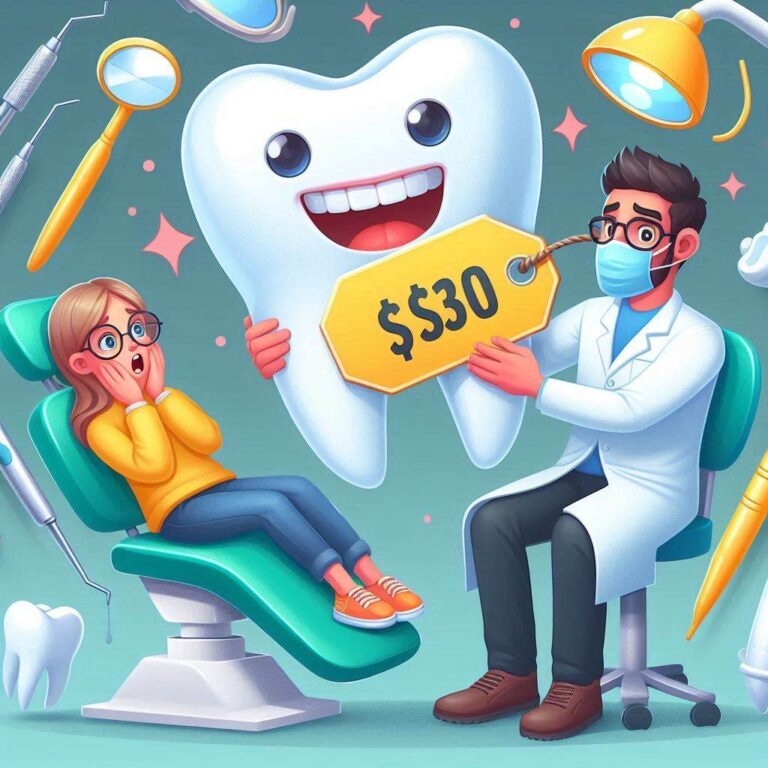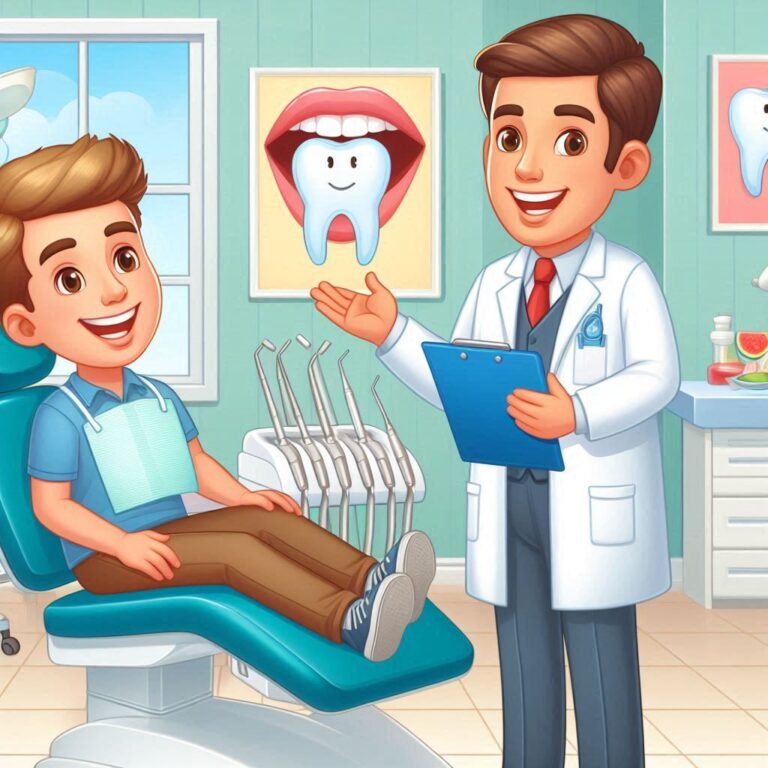Understanding the Cost of Tooth Extraction in Saudi Arabia: A Comprehensive Guide
A radiant smile is a valuable asset, but sometimes, keeping that smile bright requires making tough decisions. Tooth extraction, while not an ideal scenario, is a necessary procedure at times. If you’re facing a potential extraction in Saudi Arabia, navigating the cost can be confusing. This comprehensive guide will delve into everything you need to know about Cost of Tooth Extraction in Saudi Arabia, empowering you to make informed choices for your oral health.

Why Extractions Become Necessary
Before diving into costs, let’s understand why tooth extraction might be recommended. Here are some common reasons:
- Severe decay or infection: When a tooth is severely decayed or infected, a root canal may not be enough to save it. Extraction prevents the infection from spreading to other teeth and causing further complications.
- Fractured or broken teeth: Significant cracks or fractures that compromise the tooth’s integrity or expose the pulp often necessitate extraction.
- Impacted wisdom teeth: Wisdom teeth, the last molars to erupt, can cause overcrowding or become impacted, leading to pain, infection, and damage to surrounding teeth. Extraction is often the solution.
- Gum disease: In advanced stages of gum disease, where the bone supporting the teeth weakens significantly, extraction might be necessary.
- Orthodontic treatment: To create space for proper alignment in orthodontic treatment, premolars might be strategically extracted.
Factors Affecting Extraction Costs
The cost of tooth extraction in Saudi Arabia isn’t a one-size-fits-all situation. Several factors influence the final price:
- Complexity of the extraction: Simple extractions of easily accessible teeth are typically less expensive than complex procedures involving impacted wisdom teeth, deeply rooted teeth, or those requiring bone grafting.
- Type of anesthesia: Local anesthesia, numbing the area around the tooth, is generally the most affordable option. General anesthesia, putting you in a state of unconsciousness, is costlier but might be necessary for complex cases or patients with anxiety.
- Dentist’s experience and location: More experienced dentists in major cities like Riyadh or Jeddah might command higher fees compared to dentists in smaller towns.
- Clinic facilities and technology: Modern dental clinics with advanced X-ray equipment, specialized surgical tools, and sterilization protocols might have slightly higher costs reflected in their fees.
- Insurance coverage: Dental insurance plans in Saudi Arabia vary in coverage. Some may cover a portion of the extraction cost, while others might offer no coverage at all.
Cost Breakdown by Extraction Type
Here’s a table outlining a general range of extraction costs in Saudi Arabia (SAR = Saudi Riyal):
| Extraction Type | Cost Range (SAR) |
|---|---|
| Simple extraction (easily accessible tooth) | 200 – 500 |
| Surgical extraction (impacted tooth, complex root system) | 500 – 1,500 |
| Wisdom tooth extraction (single) | 500 – 2,000 |
| Wisdom tooth extraction (all four) | 2,000 – 5,000+ |
Additional Considerations
Beyond the core extraction procedure, additional factors can contribute to the overall cost:
- Pre-operative consultation: An initial consultation with the dentist to assess the situation and discuss treatment options will incur a fee.
- Post-operative care: Medications like antibiotics or pain relievers prescribed after surgery may add to the cost.
- X-rays or CT scans: Diagnostic imaging to evaluate the tooth’s condition and plan the extraction strategy often involves additional fees.
- Bone grafting: In cases where bone loss around the extraction site needs to be addressed before implant placement, bone grafting procedures significantly increase the cost.
Financing Options for Extractions
Understanding the financial implications is crucial when facing a tooth extraction. Here are some options to consider:
- Dental insurance: If you have dental insurance, check your plan’s coverage for extractions. Knowing the coverage percentage and any exclusions beforehand helps with budgeting.
- Payment plans: Many dental clinics offer flexible payment plans to spread the cost over a period.
- Alternative financing: Some dental financing companies offer loans specifically for dental procedures. Explore these options carefully, considering interest rates and repayment terms.
Saving Money on Tooth Extraction
While extractions are a necessary expense at times, there are ways to potentially minimize the cost:
- Preventive care: Regular dental checkups and cleanings can help identify and address oral health issues early, potentially preventing the need for extractions altogether.
- Compare dentistry clinics: Research and compare costs from different dental clinics in your area. This price comparison can help you find the most affordable option that aligns with your needs and preferences.
Choosing the Right Dentist
Cost is certainly a significant factor, but it shouldn’t be the sole deciding element when choosing a dentist for your extraction. Here are some additional considerations:
- Dentist’s qualifications and experience: Look for a dentist with a proven track record and expertise in tooth extractions, especially if your case involves complexities.
- Clinic facilities and hygiene: Ensure the clinic utilizes sterilized equipment and adheres to strict hygiene protocols to minimize the risk of infection.
- Patient reviews and recommendations: Read online reviews and seek recommendations from friends or family to gauge the dentist’s bedside manner and overall patient experience.
- Communication and comfort: Feeling comfortable discussing your concerns and having a clear understanding of the procedure are vital. Choose a dentist who communicates effectively and fosters a trusting environment.
Recovery and Aftercare
Following a tooth extraction, proper aftercare is crucial for optimal healing and minimizing complications. Here’s what to expect:
- Post-operative instructions: Your dentist will provide detailed instructions on pain management, swelling reduction, and proper oral hygiene following the extraction.
- Pain management: Over-the-counter pain relievers are usually sufficient for managing discomfort after a simple extraction. More complex procedures might require prescription pain medication.
- Dietary restrictions: Sticking to soft foods for the first few days after the extraction allows the extraction site to heal properly. Gradually introduce harder foods as healing progresses.
- Oral hygiene: Maintaining good oral hygiene is essential to prevent infection. Gentle brushing and flossing around the extraction site are crucial, following your dentist’s specific instructions.
Potential Complications and Additional Costs
While uncommon, some complications can arise after a tooth extraction. These may include:
- Bleeding: Minor bleeding is normal after an extraction. However, excessive bleeding requires immediate contact with your dentist.
- Infection: Following proper aftercare instructions helps prevent infection. Signs of infection include swelling, fever, and severe pain. Early intervention with antibiotics is crucial.
- Dry socket: This painful condition occurs when the blood clot protecting the extraction site dislodges. Contact your dentist promptly if you experience throbbing pain and see a visible bone cavity.
If complications arise, additional costs might be incurred for medications, follow-up appointments, or further treatment.
Conclusion
Tooth extraction in Saudi Arabia can vary significantly in cost depending on the complexity of the procedure, the chosen dentist, and additional factors. This comprehensive guide has equipped you with the knowledge to navigate potential costs, explore financing options, and prioritize quality care. Remember, preventive care is always the best defense against needing extractions. By prioritizing regular dental checkups and maintaining good oral hygiene, you can maximize your chances of keeping your smile bright and healthy.
FAQs
- Does dental insurance cover tooth extractions in Saudi Arabia?
Dental insurance coverage for extractions varies depending on the specific plan. It’s crucial to check your plan’s details to understand coverage percentages and any exclusions.
- What are the benefits of getting a wisdom tooth extraction?
Wisdom tooth extraction can alleviate pain, prevent overcrowding and damage to surrounding teeth, and improve overall oral health.
- How long does it take to recover from a tooth extraction?
Recovery time varies depending on the complexity of the extraction. Simple extractions might take a few days, while complex procedures can require a week or more for complete healing.
- What are some signs of a dry socket?
Throbbing pain at the extraction site, visible bone, and bad breath are potential signs of a dry socket. Early intervention by your dentist is crucial.
- Can I prevent the need for tooth extraction?
Regular dental checkups, proper brushing and flossing, and a healthy diet can significantly reduce the risk of tooth decay, infection, and other issues that might necessitate extraction.
Additional Resources
- Saudi Commission for Health Specialties – https://scfhs.org.sa/en (Arabic only)
- Saudi Dental Society – https://sds.org.sa/ (Arabic only)
Disclaimer: The information provided in this article is intended for general knowledge only and does not substitute for professional dental advice. Always consult with a qualified dentist to discuss your specific situation and treatment options.


